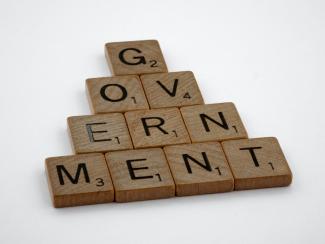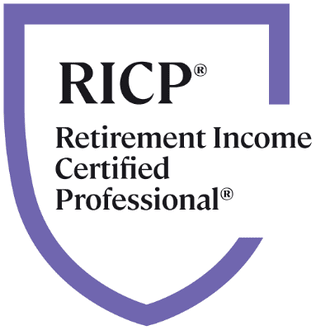
Retirement Planning for Public Service Professionals
Working in public service is very rewarding because you can serve the public and do good for society. Examples of teachers molding students' minds, doctors healing our veterans, and working as an engineer in NASA and exploring space are typical examples of serving the public interest.
Retirement planning has not been able to serve this needed population of public servants adequately. Perhaps this is because the pay may not have kept up to what can be earned in the corporate sector or just a lack of knowledge of the government's unique and complicated employee benefits.
This blog post is dedicated to those public servants who work for the greater good and some retirement planning tips that can help them maximize their potential. Here I discuss five opportunities to save for retirement while performing a public service career.
1) Save Beyond Your Pension or Default 403(b) contribution: The default is to save in your state or federal pension for retirement. In my opinion, this can be a mistake, as with the government, there are many more opportunities to save additional money for retirement. For example, working in the federal government, you may have a pension, but you can also save in the Thrift Savings Plan or TSP. Learn about all of the opportunities in your workplace and maximize your savings. Don't just go with the default option, and think you will be fine. Saving for retirement takes a strategy, and default options may not get you to what you envision in your retirement.
2) Look into Roth IRAs: Beyond saving for retirement in your pension, or 403(b), TSP, and so forth, save money in a Roth Individual Retirement Account or IRA. This is a great way to save money that will grow tax-free. For example, if you are under 50 in 2022, you can save $6,000 in a Roth IRA, and if you are over 50, an extra $1,000. Similarly, not relying on the default option with government pensions represents an excellent opportunity to save additional money for retirement; again, the main message is to be proactive and consider your retirement savings options.
3) Check Out Your Investment Options: When saving for retirement in the TSP or other plans, such as a 403(b), check out the investment options. For example, do you have low-cost index funds available? Carefully review your investment options and pick low-cost ones. Then, talk to a financial planner to design a portfolio that meets your needs. For example, maybe a target date retirement fund works best, or create your investment portfolio.
4) Pensions are Still A Good Way to Save for Retirement: With the government, you may get an option to receive a lump sum for your pension benefit. Carefully look at this option. Often the lump sum is not as good as taking the monthly pension benefit. This is simply because, with a lump sum, you need to invest the money, which depends upon market returns that are not guaranteed. However, having a guaranteed income stream of monthly pension income is a great way to have a stable income stream in retirement. So be careful when you choose a lump sum, and talk to a financial planner to see if this option works with your retirement goals.
5) Learn About Your Social Security Benefits: Unfortunately, in some government jobs, you don't pay into Social Security. Various strategies on optimal Social Security filing strategies can be reviewed with your financial planner. Be aware of the multiple filing strategies and maximize your Social Security benefits to take advantage of the optimal options.
Be aware of retirement options in public service jobs. Don't just go with the default setting, as this may not reach your retirement goals. Instead, actively save for retirement to have a comfortable retirement. Contact me on the contact page below if I can be of service.
*This content is developed from sources believed to be providing accurate information. The information provided is not written or intended as tax or legal advice and may not be relied on to avoid federal tax penalties. Individuals are encouraged to seek advice from their tax or legal counsel. Individuals involved in estate planning should work with an estate planning attorney. Neither the information presented nor any opinion expressed constitutes a representation of a specific investment or the purchase or sale of securities. Asset allocation and diversification do not ensure a profit or protect against loss of principal in declining markets.





